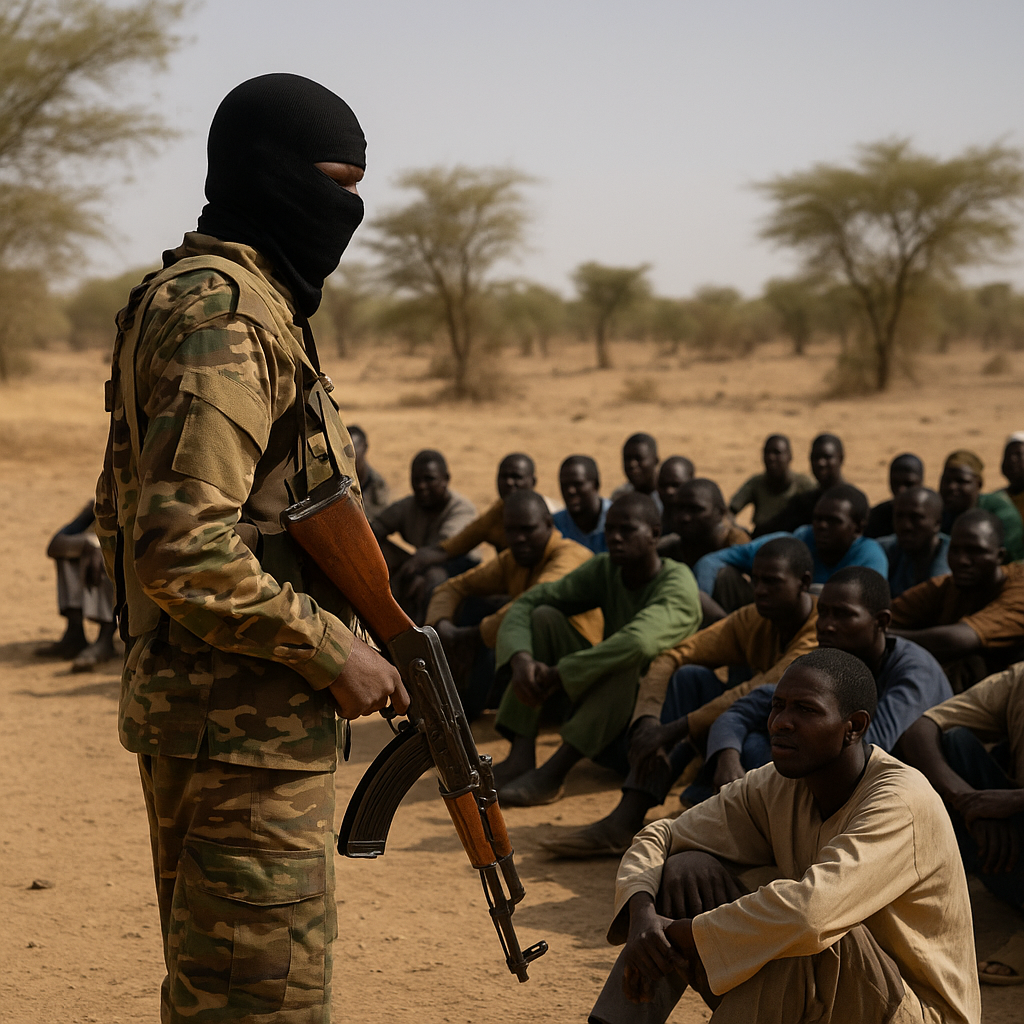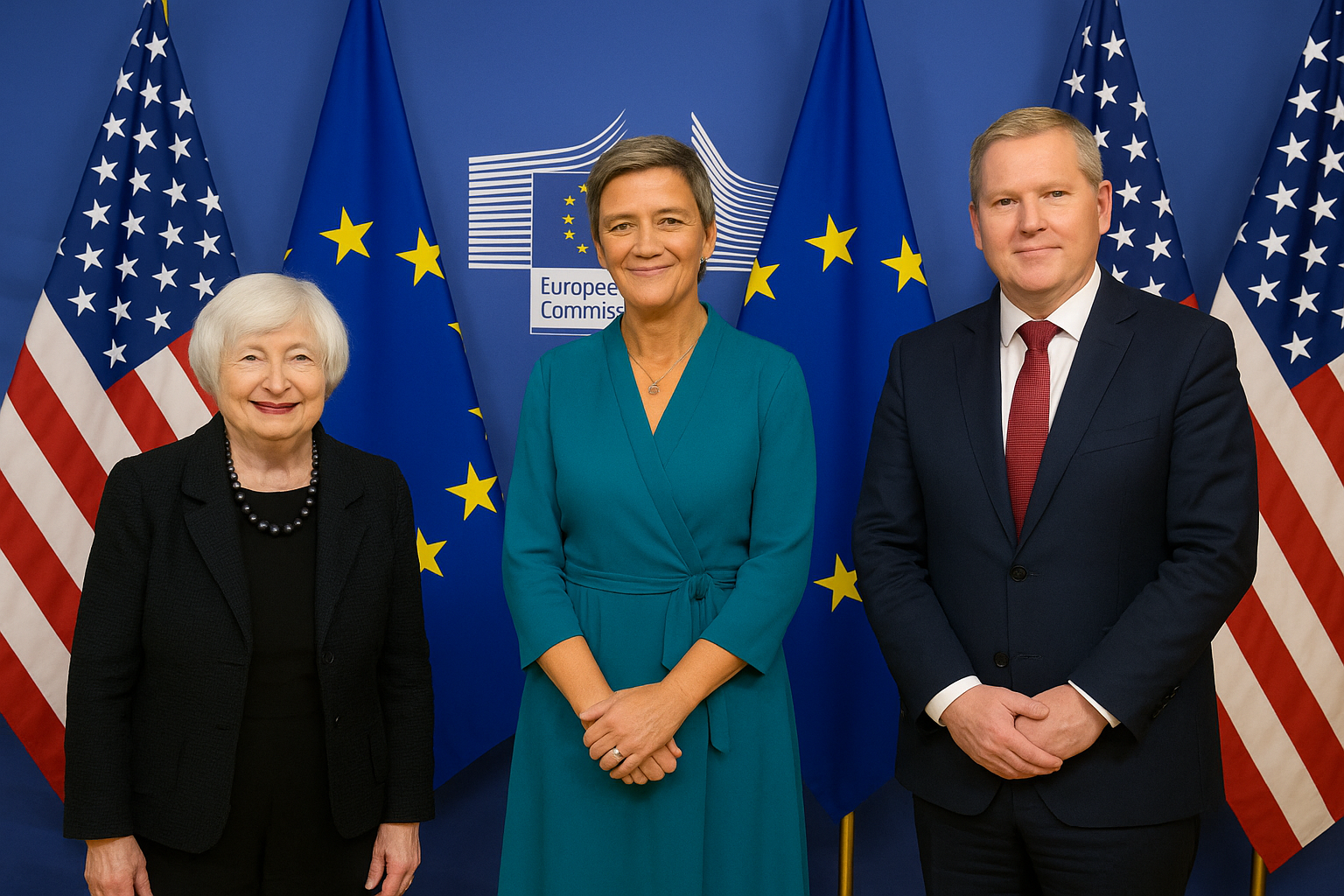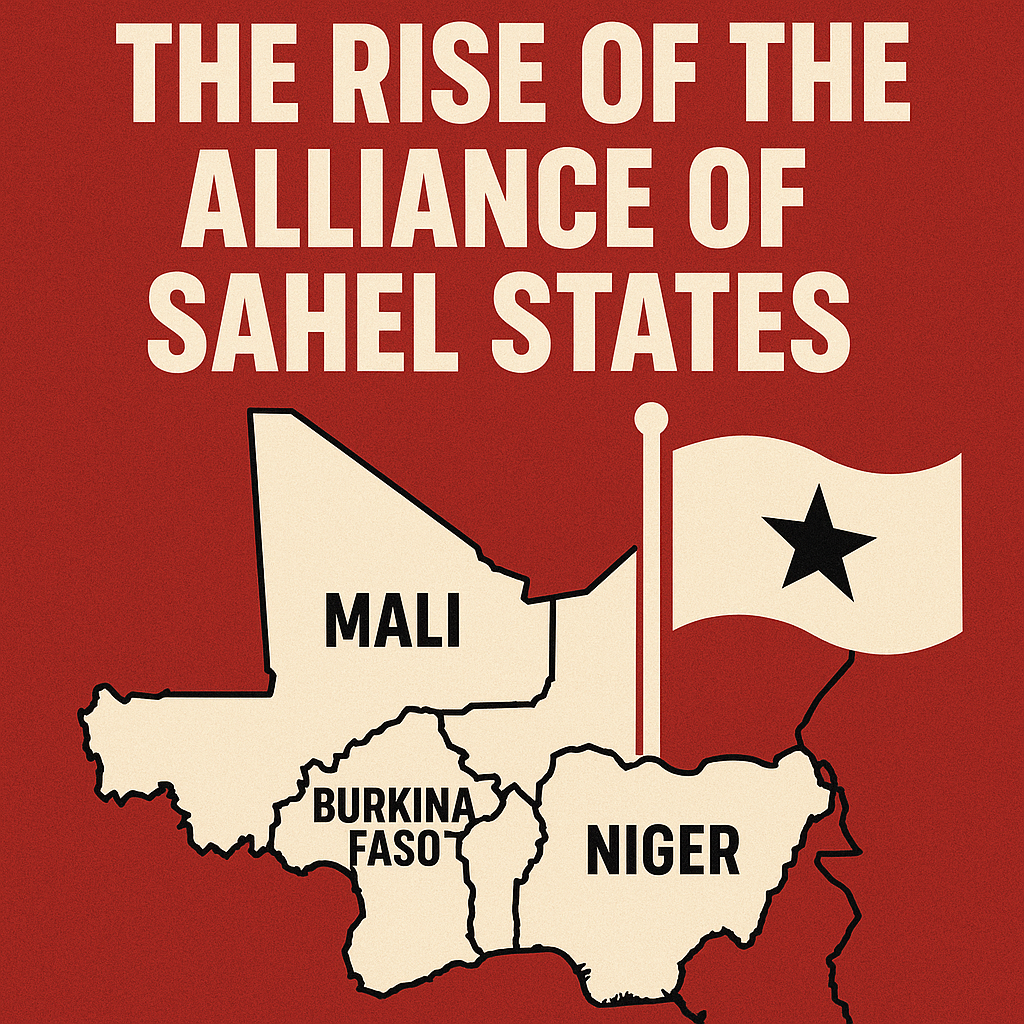The Sahel region of West Africa—spanning Mali, Burkina Faso, Niger, Benin, and Nigeria—is in the midst of a devastating security crisis. What began as sporadic insurgent activity has evolved into a widespread jihadist insurgency, with extremist groups establishing control over large swaths of territory. The crisis now threatens to engulf neighboring coastal states, placing millions of lives at risk and testing the capacity of national governments and regional alliances to maintain peace and order.
Jihadist Attacks Are Expanding Rapidly
Over the past year, West Africa has experienced a dramatic increase in terrorist attacks. Islamist militant groups, particularly Jama’at Nusrat al-Islam wa-l-Muslimin (JNIM) and the Islamic State in the Greater Sahara (ISGS), have grown bolder and more coordinated.
In early 2025, one of the deadliest attacks occurred in northern Benin, where nearly 30 soldiers were killed in a surprise raid on a military post. Previously viewed as a relatively stable country, Benin is now facing the same type of insurgency that has destabilized its northern neighbors.
The tri-border area of Mali, Niger, and Burkina Faso continues to be a hotspot for ambushes, kidnappings, and village takeovers. These incidents have moved beyond sporadic violence and now reflect an intentional strategy by militants to expand their territorial control.
Extremist Groups Are Acting Like Governments
What sets today’s insurgency apart is the transformation of jihadist groups from guerrilla actors into proto-governments. In regions where state presence is weak or non-existent, militants are filling the void.
They are establishing courts, collecting taxes, managing markets, and enforcing their own interpretations of Islamic law. In some rural communities, residents have reported that these groups provide more reliable governance than the state—albeit through coercion and fear.
This “parallel governance” not only challenges national authority but also complicates counter-terrorism strategies. Military force alone is insufficient when the enemy is embedded within the social and economic fabric of local life.
Humanitarian Fallout Is Worsening
The surge in violence has triggered a humanitarian disaster. Over 5 million people have been displaced across the Sahel. Many are living in informal camps with limited access to food, water, healthcare, or education.
Women and children are especially vulnerable. Gender-based violence has increased in displaced populations, while recruitment of child soldiers by extremist factions is on the rise.
The situation is made worse by floods, food insecurity, and disease outbreaks—challenges that compound the suffering of civilians and make recovery even more difficult.
Regional and International Responses Are Falling Short
Governments in the region have ramped up military operations, but results have been mixed. Joint operations, such as those coordinated under the now weakened G5 Sahel alliance, often lack coordination and long-term sustainability.
International actors, including France, the United Nations, and the United States, have scaled back their direct military involvement. Their current strategy leans more heavily on intelligence sharing and logistical support, leaving frontline troops increasingly isolated.
Without strong regional collaboration and sustained global support, the insurgency is likely to continue spreading, undermining decades of development and state-building efforts.
Why This Crisis Matters
The worsening security crisis in the Sahel has implications far beyond national borders.
- Locally, it has led to the collapse of public services, disrupted education and health care, and created a new generation of internally displaced people with limited prospects.
- Regionally, the instability hampers economic integration efforts, reduces foreign investment, and challenges cross-border cooperation on infrastructure and trade.
- Globally, the Sahel could become a launchpad for extremist networks capable of reaching Europe and beyond. Migration pressures, arms trafficking, and organized crime all increase in failed or failing states.
What Can Be Done
Addressing the crisis requires a comprehensive approach that goes beyond military intervention:
- Strengthen Local Governance: Governments must invest in rural areas—providing education, healthcare, and justice to counter the appeal of militant governance.
- Support Community Dialogue: Some progress has been made through peace talks with local leaders and even factions of extremist groups. These efforts should be carefully expanded to explore pathways to reconciliation.
- Enhance Regional Cooperation: Countries must share intelligence, harmonize security strategies, and develop unified responses to cross-border threats.
- Increase International Support: Humanitarian assistance and long-term development funding are urgently needed to stabilize communities and rebuild state legitimacy.
Conclusion
The Sahel is becoming the epicenter of global jihadist activity, but it is also a region of resilience and potential. The current crisis is not inevitable. With the right mix of political will, regional unity, and international engagement, it is possible to contain the threat and rebuild a more stable and secure West Africa.
Failure to act decisively now could result in a permanent state of insecurity that spills beyond the region—reaching into Africa’s economic hubs and Europe’s borders. The time to confront this challenge is now.



